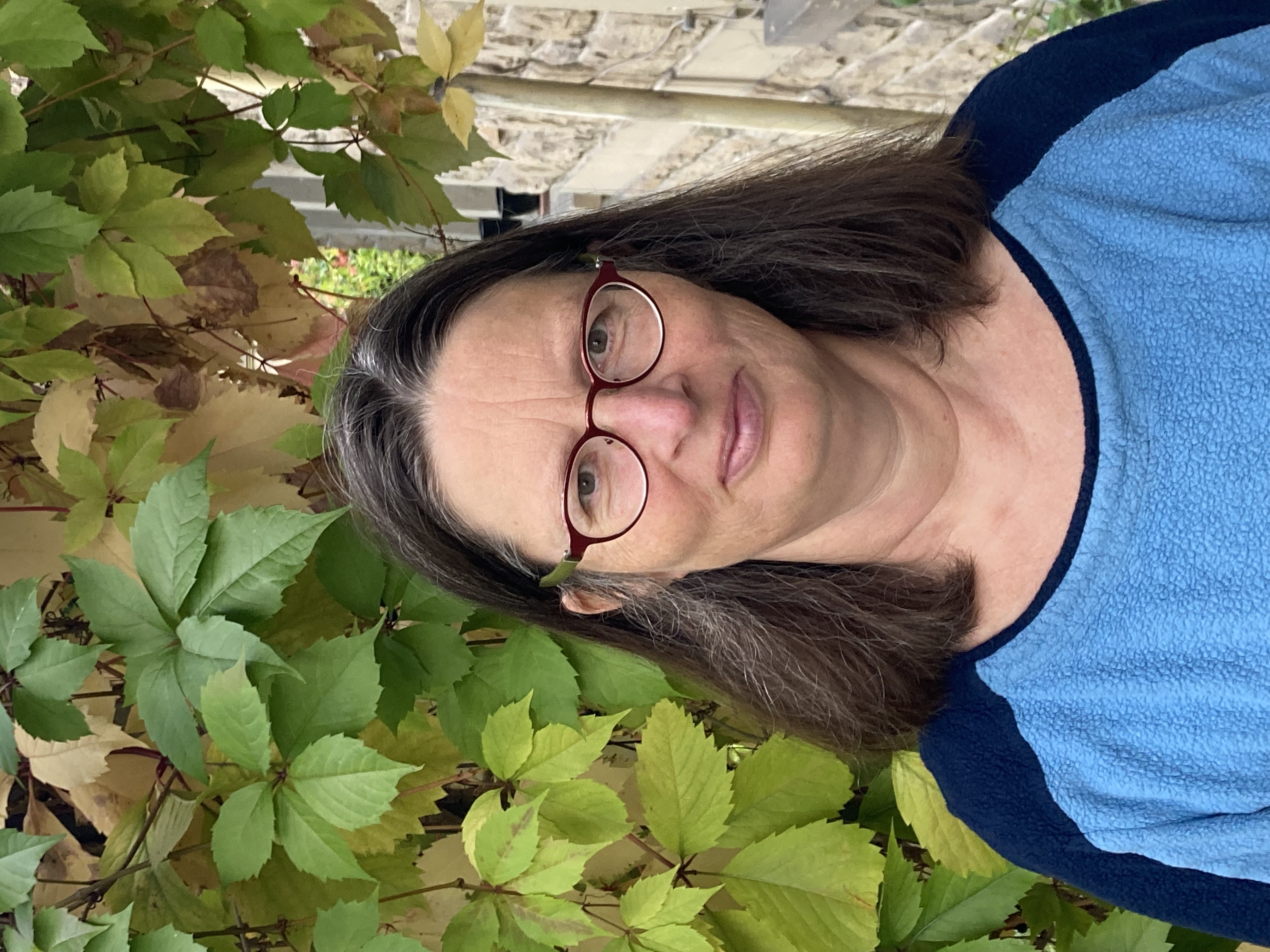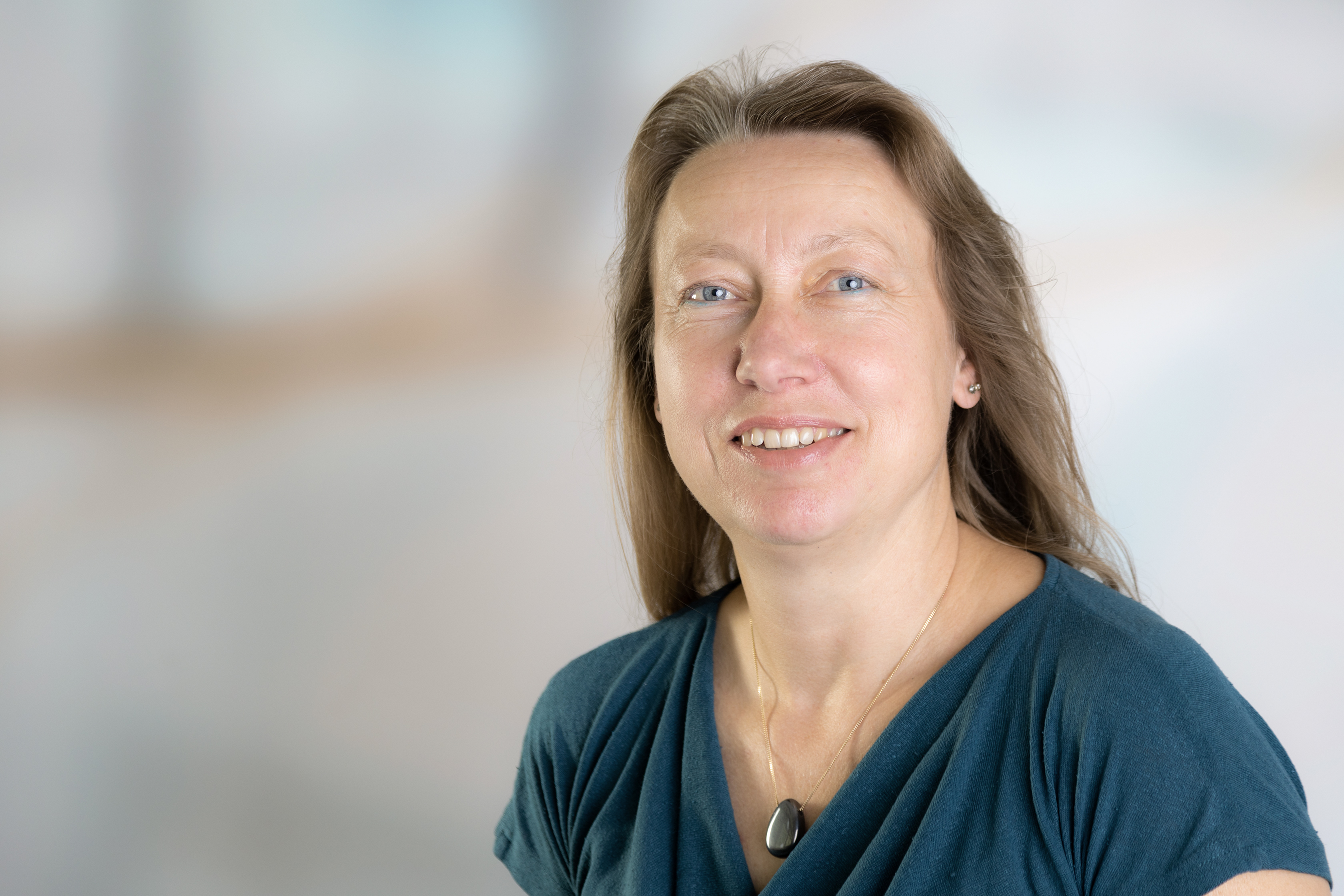Foresight and societal resilience are intimately linked. Foresight processes generate insights and relationships that help communities in dealing with uncertainty. Through Foresight – so scholars argue – communities gain a richer understanding of the potential of the present and strengthen the social fabric in its ability to act upon these insights, from coping and adaptation to transformation.
So far goes the theory …
The FUTURESILIENCE project has set out on a jour ney exploring foresight’s contribution to societal resilience in practice.
Ten “FUTURESILIENCE Labs ” located in ten different regions across Europe have embarked on a scenario process to strengthen resilience in the face of very different challenges. In the meantime, the ten Labs are in the middle of their journey - here is a sneak preview into two of the Labs:
The IMMER Lab aims at strengthening the local resilience of mobility and energy-related activities in the cross-border Strasbourg-Kehl region. To this end, the Lab is using a science fiction-based Futures Café approach where actors from municipalities co-develop and discuss a range of science-fiction based crisis scenarios such as e.g. a Tsunami in the Rhine River Valley. In its recent Futures Café workshop , after exploring a range of different scenarios, the group discovered seven actions that were useful across scenarios and therefore highly likely to underpin crisis resilience.
The COSIGHT Lab is located in the German city of Hamburg. It aims to mitigate societal polarization and enhance societal resilience by increasing conflict resolution and problem-solving skills. This involves developing resilience-promoting citizen processes. To this end it is complementing an existing participatory process, the “CoSaturday”, with the FUTURESILIENCE scenario approach. The first COSIGHT workshop focused on the integration of migrant populations – a much-contested issue in Hamburg. The first workshop gathered more than 35 integration stakeholders from a wide range of backgrounds. Participants identified key influencing factors of integration, barriers for successful integration and tools to address these barriers. COSIGHT is now looking to transfer these findings to local policy makers.
Experience from these Labs seems to confirm the theoretical argument. A particular strength lies in the rich diversity of approaches. Even though the FUTURESILIENCE project provided an overarching guideline for a scenario process, each Lab interpreted this process according to the local specific requirements and capacities as IMMER and COSIGHT illustrate. As FUTURESILIENCE evolves, we will highlight further glimpses into the manifold discoveries made during the Labs’ foresight journey.




